 |
 |
|---|
|
|
|---|
 |
 |
 |
 |
|---|---|---|---|
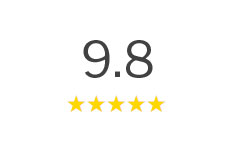 |
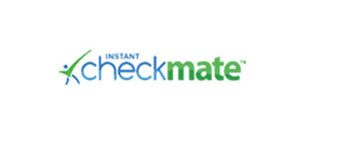 |
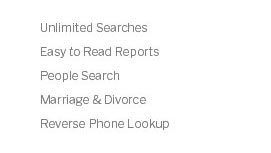 |
|
 |
|||
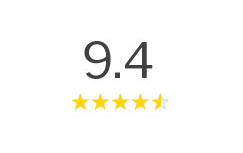 |
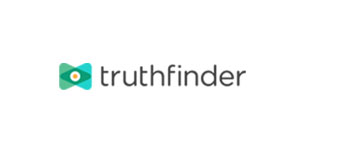 |
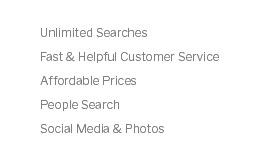 |
|
 |
|||
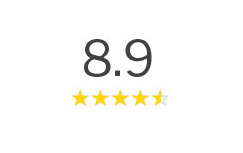 |
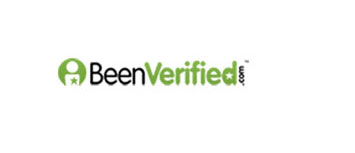 |
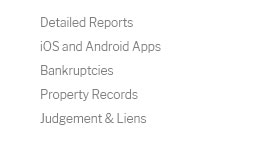 |
|
 |
|||

get information on someone: practical, ethical, and reliable approachesStart with intent and boundariesBefore you begin, define why you need details and confirm you have a legitimate purpose. Laws and norms vary, so prioritize consent, minimize intrusion, and avoid anything that feels covert or coercive. What “public” actually meansPublic information includes official records, professional profiles, and news archives. It does not justify digging into private accounts or using pretexting. Verify identity carefully; common names and outdated posts often mislead. Sensible steps
Interpret carefullyCross-check claims, note dates, and preserve context. A single post rarely proves a pattern. If the stakes are high, consider a licensed investigator or attorney, and document sources responsibly without scraping or surveillance.
|
|---|